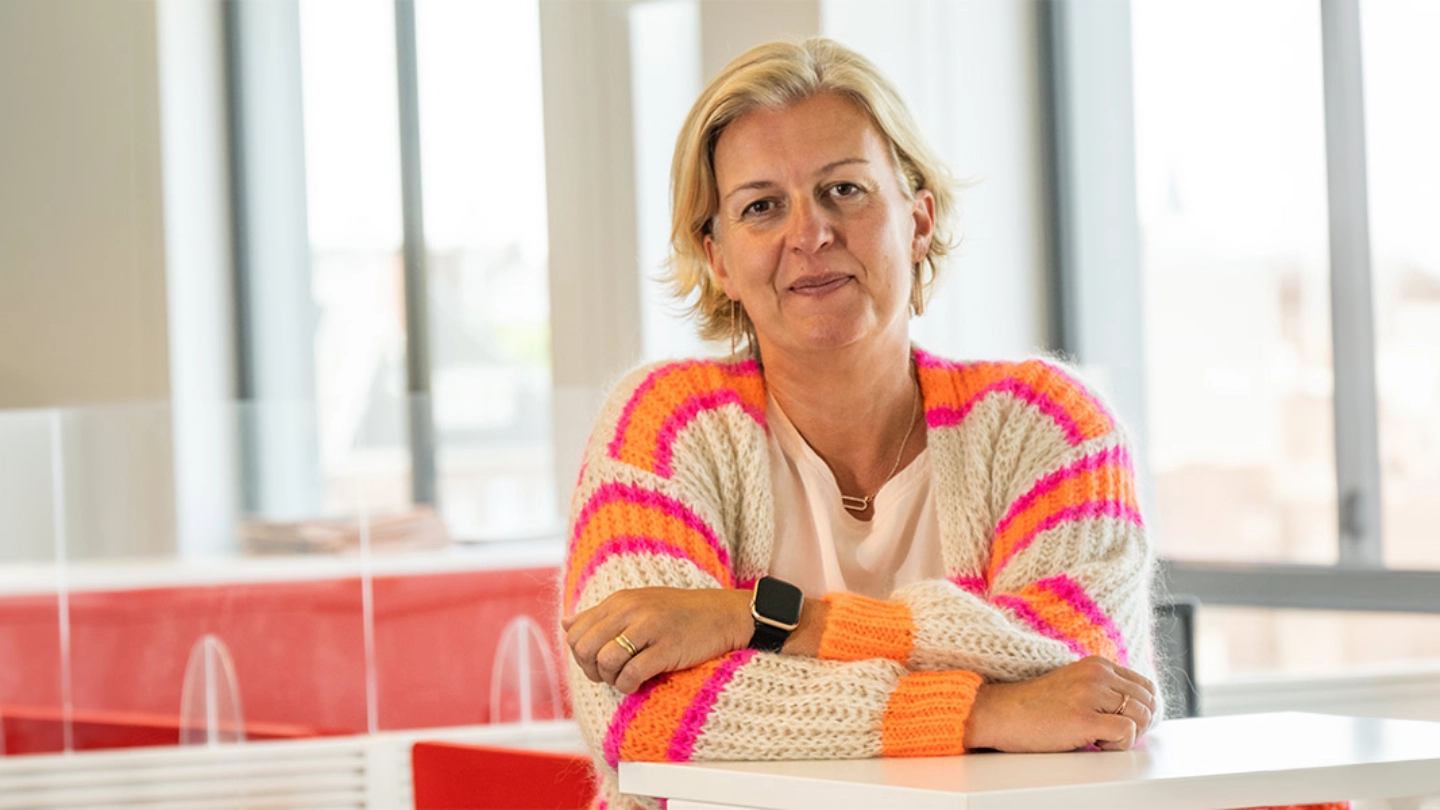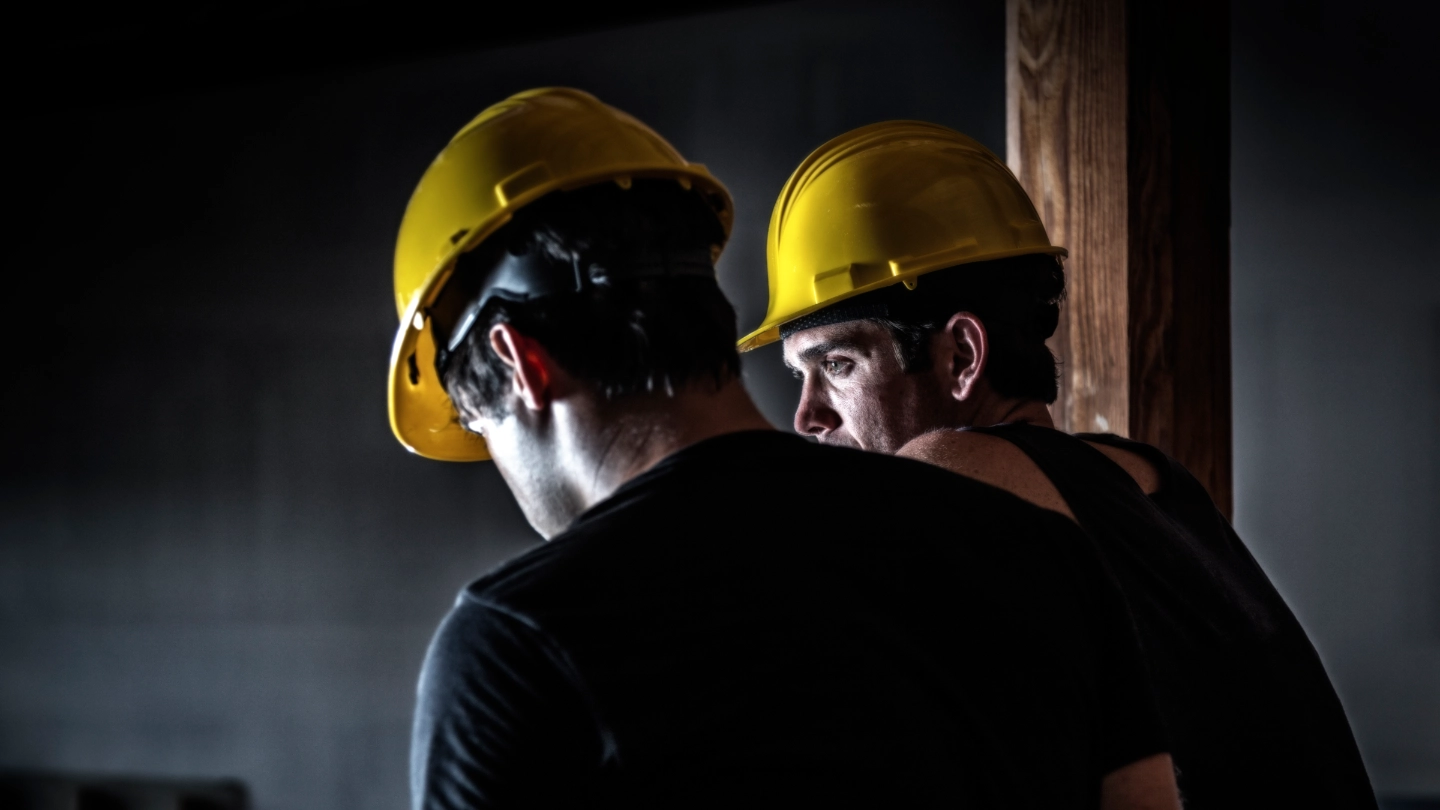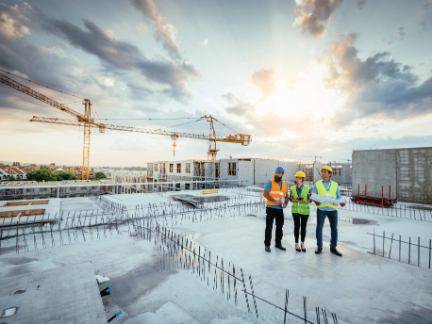Assuré d'être payé!
En tant que spécialistes de l'assurance-crédit, de la caution et du recouvrement de créances, nous protégeons et soutenons votre entreprise...
 Belgique
Belgique

En tant que spécialistes de l'assurance-crédit, de la caution et du recouvrement de créances, nous protégeons et soutenons votre entreprise...

C’est en vous écoutant qu’ensemble nous réaliserons la police qui répond à vos besoins... - Magali Geeraert, Senior District Manager, Atradius

Tous les rapports économiques et sectoriels en un seul endroit.

Consultez le niveau des risques commerciaux des pays du monde entier grâce à notre outil interactif.
Vos défis
31
Faillites / jour en Belgique
Soit 1,3 faillites par heure en Belgique (jour et nuit). C'est donc un véritable défi que de gérer son entreprise de manière à ne pas subir de pertes et à choisir les bons clients. Atradius peut vous y aider.
Nous proposons différents produits d'assurance-crédit. Que vous représentiez une multinationale avec des filiales et des succursales dans le monde entier, que vous fassiez partie d'une start-up ou que vous soyez à la tête d'une PME en pleine croissance, nous avons une solution qui répond à vos besoins en matière d'assurance-crédit professionnelle, flexible et axée sur les données.
Nos produits d'assurance s'accompagnent d'une large gamme de services digitaux qui vous garantissent une gestion efficace du crédit.

Avec l'assurance-crédit d'Atradius, vous pouvez, en tant que chef d'entreprise, vous prémunir contre les conséquences fâcheuses d'une facture impayée.

On couvre les risques d’impayés sur le moyen et le long terme, sur des particuliers ou des entreprises pour des opérations à échéances multiples.
Atradius Collections propose ses services de recouvrement de créances dans tous les pays, fuseaux horaires, devises et langues, quel que soit l'endroit où vous ou votre débiteur vous trouvez dans le monde.

Grâce à des outils de haute technologie, nous recouvrons vos créances impayées, partout dans le monde.
Les garanties et les cautions constituent une part importante de vos activités commerciales. Atradius est un fournisseur de garanties internationalement reconnu avec une approche locale.

Sensibles aux besoins du marché, nous offrons des garanties, étroitement liées aux coutumes locales et aux besoins des clients.
Parfois, l'assurance-crédit normale ne couvre tout simplement pas les besoins du client. Atradius Credit Specialties propose alors des solutions pratiques sur mesure.

Credit Specialties développe des solutions sur mesure pour les situations qui ne peuvent pas être couvertes par la gestion de crédit traditionnel.
Calculez votre DSO, comparez-le à la moyenne de votre secteur, parcourez les 3 blogs consacrés au DSO et téléchargez le livre blanc sur la gestion des créances.
Ne laissez rien au hasard !
Inscrivez-vous ici pour recevoir gratuitement le Flash Atradius, notre newsletter numérique.
Vous recevrez régulièrement des informations intéressantes sur le credit management, des conseils précieux, de nombreuses astuces et des nouvelles importantes!
Je souhaite en savoir plus.